Police in Stuttgart said two state lawmakers received minor injuries after being attacked Wednesday evening at an event for the 75th anniversary of Germany’s constitution.
The two politicians were members of the far-right Alternative for Germany (AfD) party, and two women, 19 and 23, are under investigation for the incident.
This is just the latest in a spate of attacks suffered by politicians from various parties across Germany in recent weeks.
Among the more severe was an attack on Matthias Eck, a member of the Social Democrats (SPD) party, who was hanging up election posters around Dresden on May 3rd when four people accosted him. According to ZDF, eyewitnesses heard one of the attackers yell “f*cking Greens” before they began punching and kicking him. Ecke later required an operation in the hospital.
Just before the attack on Ecke, a Greens campaigner had been attacked on the same street. Based on matching descriptions of the perpetrators and spatial proximity of the crimes, police assume it was the same attackers in both cases.
READ ALSO: Teenager turns self in after attack on German politician
Another notably violent attack was carried out in a Berlin library against the capital city’s senator for economic affairs and former mayor, Franziska Giffey (SDP). Police said that the attacker had come “from behind with a bag filled with hard contents and hit her on the head and neck”. A 74 year old man was suspected of carrying out the attack and he was later arrested.
A number of other attacks and threats against Green party and AfD politicians were reported within the week. Green party members Kai Gehring and Rolf Fliß were attacked in Essen after a party event.
Demonstrators in Brandenburg harassed Green politician Katrin Göring-Eckardt while she was in her car and prevented her from leaving.
In Nordhorn, Lower Saxony, a man threw an egg at an AfD state parliament member and hit him in the face.
A troublesome trend of violent responses to politics
Politically motivated extremist attacks are not new to Germany, but the increase in the number of attacks recently is cause for concern, especially for local political leaders.
Following the attack she experienced, Giffey posted on Instagram saying that she was fine, but added that she was “worried and shaken by the increasingly wild culture” observed in German politics.
View this post on Instagram
Chancellor Olaf Scholz had responded to the attack on Matthias Ecke, calling the attack a threat to democracy.
A number of similar attacks and threats were also recorded in 2023, including an attack on Andreas Jurca (AfD) in Augsburg, and the blockade of a ferry with Federal Minister of Economics Robert Habeck on board.
According to preliminary figures released by the federal government, recorded crimes against politicians have risen since 2019 for all parties – from 2,267 in 2019 to 2,790 in 2023.
In 2019, AfD representatives were most often the targets of attacks, whereas in 2023 it was predominately the Greens.
These numbers also include cases of property damage and threats or insults.
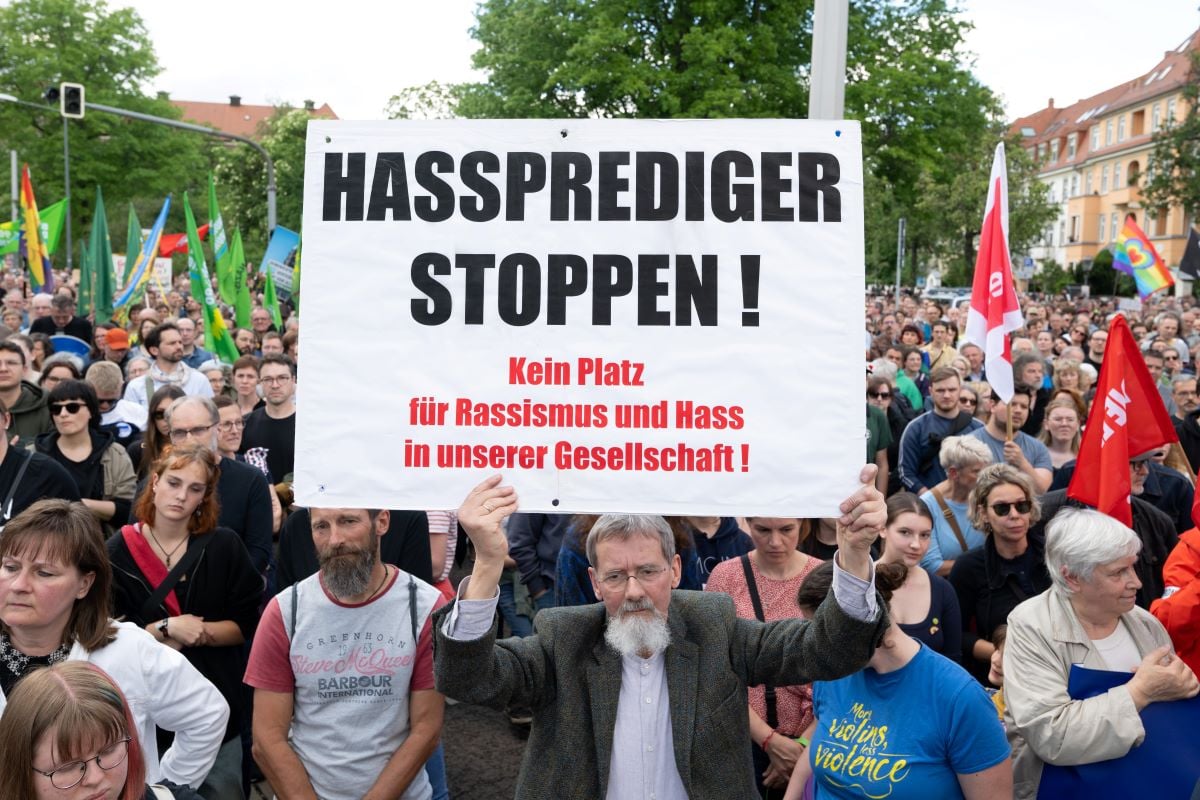
What’s causing an increase in extremism in Germany?
Dr. Stefan Marschall, professor of political science at the Heinrich Heine University Düsseldorf, says there has been an increase in polarisation in politics in Germany.
Marschall told The Local that this polarisation means more and more often “people who think differently are perceived as enemies”. He added that, as opposed to the US where people are largely split between two more or less equally strong camps, in Germany radical groups take aim at their counterparts on the other side of the political spectrum and also at the more moderate majority.
“Vilifying political elites is part of the core strategy of right-wing populist parties,” Marschall said.
But understanding the issues contributing to political extremism and fixing them are two different things. Furthermore, Marschall notes that citizens’ attitudes and beliefs can be changed only to a limited extent by institutions.
That said, the political scientist suggests that communication is key for mitigating these radical acts: “Overall, there needs to be greater awareness that polarised and divisive language benefits populist parties in particular”.
Social media shares some responsibility here too, as communication and information sharing platforms have made it easier to mobilise protest as well as violence.
READ ALSO: A fight for the youth vote – Are German politicians social media savvy enough?
Can the tension be expected to ease after the EU elections?
Asked if the number of attacks might decrease following the EU elections in June, Marschall pointed out that elections always bring a higher rate of attacks on political figures: “Election campaigns are always heated times in which such incidents are more likely because politicians literally take to the streets.”
But there have also been a number of incidents observed outside of election cycles.
“We are now realising that democracy is vulnerable, after democracy has long been taken for granted,” Marschall said. “That is why people are now rightly talking and thinking about how to protect democracy institutionally and how to set an example for democratic culture. Ultimately, this strengthens democratic resilience.”
On Sunday thousands of protestors rallied in Dresden to stand against right-wing extremism following the attacks on Matthias Ecke. In Berlin too, around 1,000 people gathered in front of Brandenburg Gate.
But considering the number of political attacks already seen in 2024, for now it looks like political extremism can be expected to get worse before it gets better.

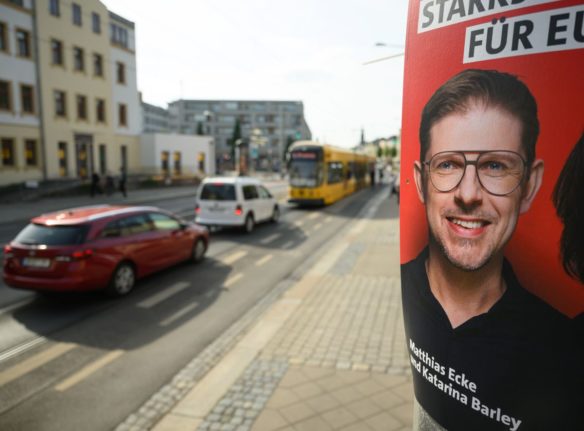
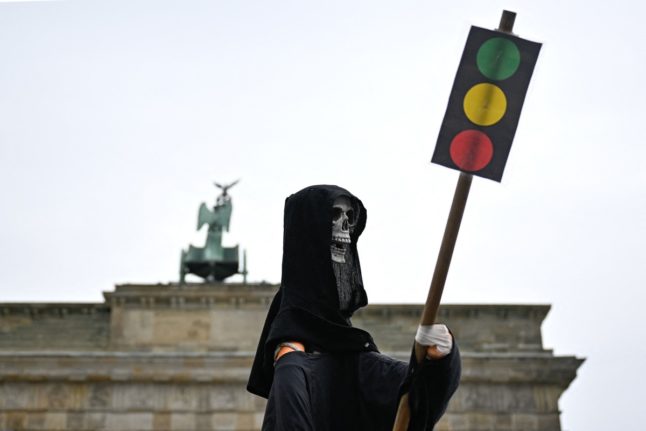
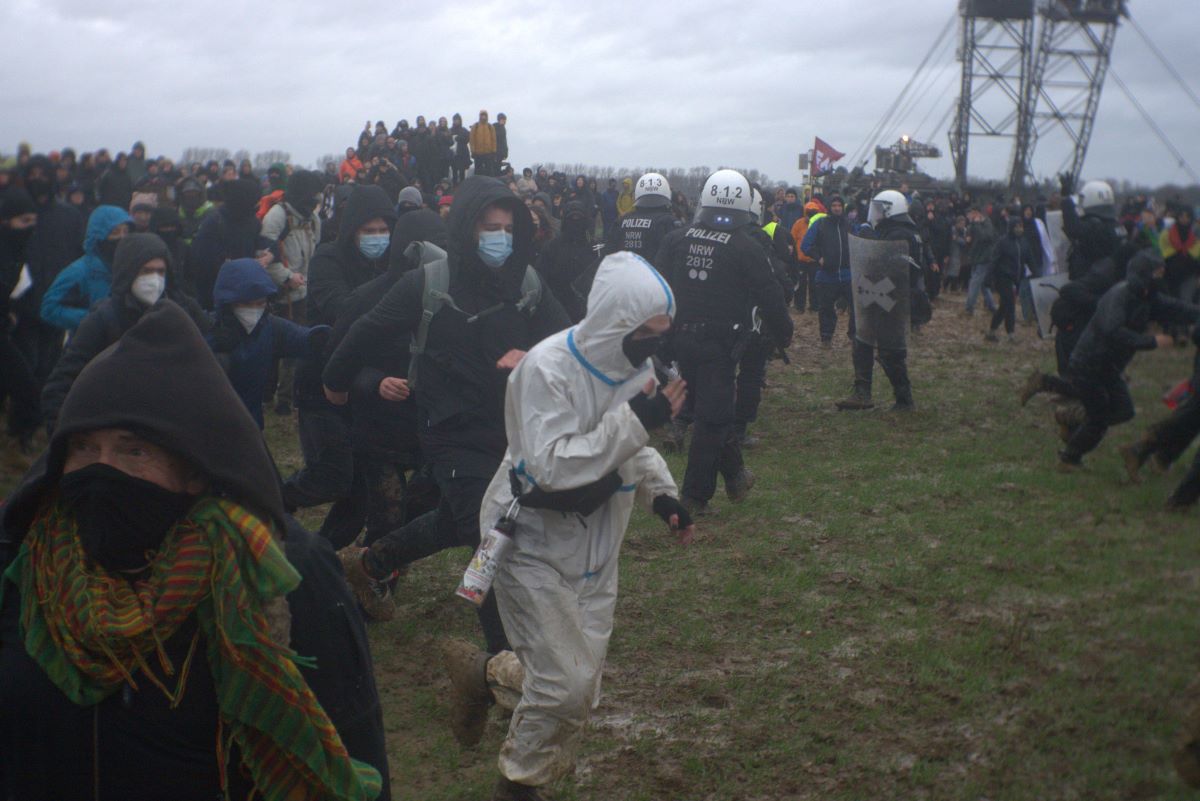
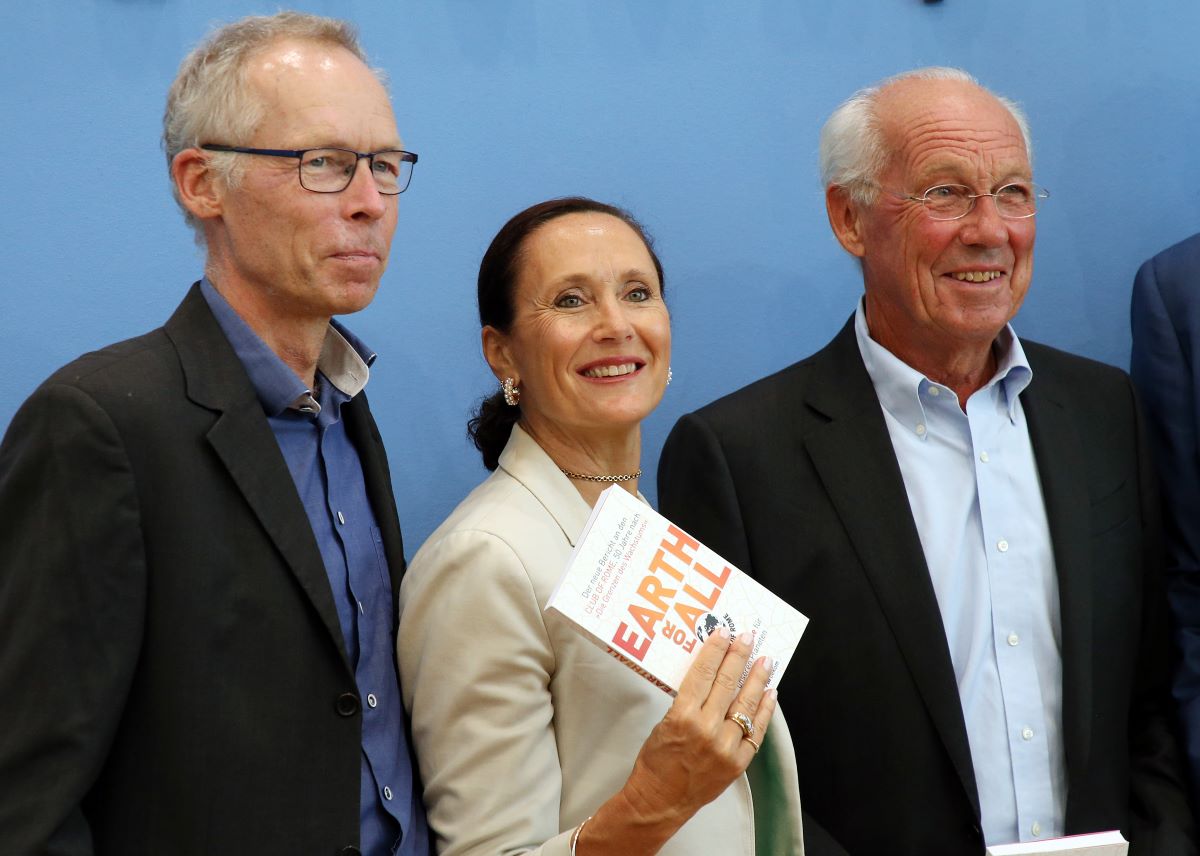
 Please whitelist us to continue reading.
Please whitelist us to continue reading.
Member comments